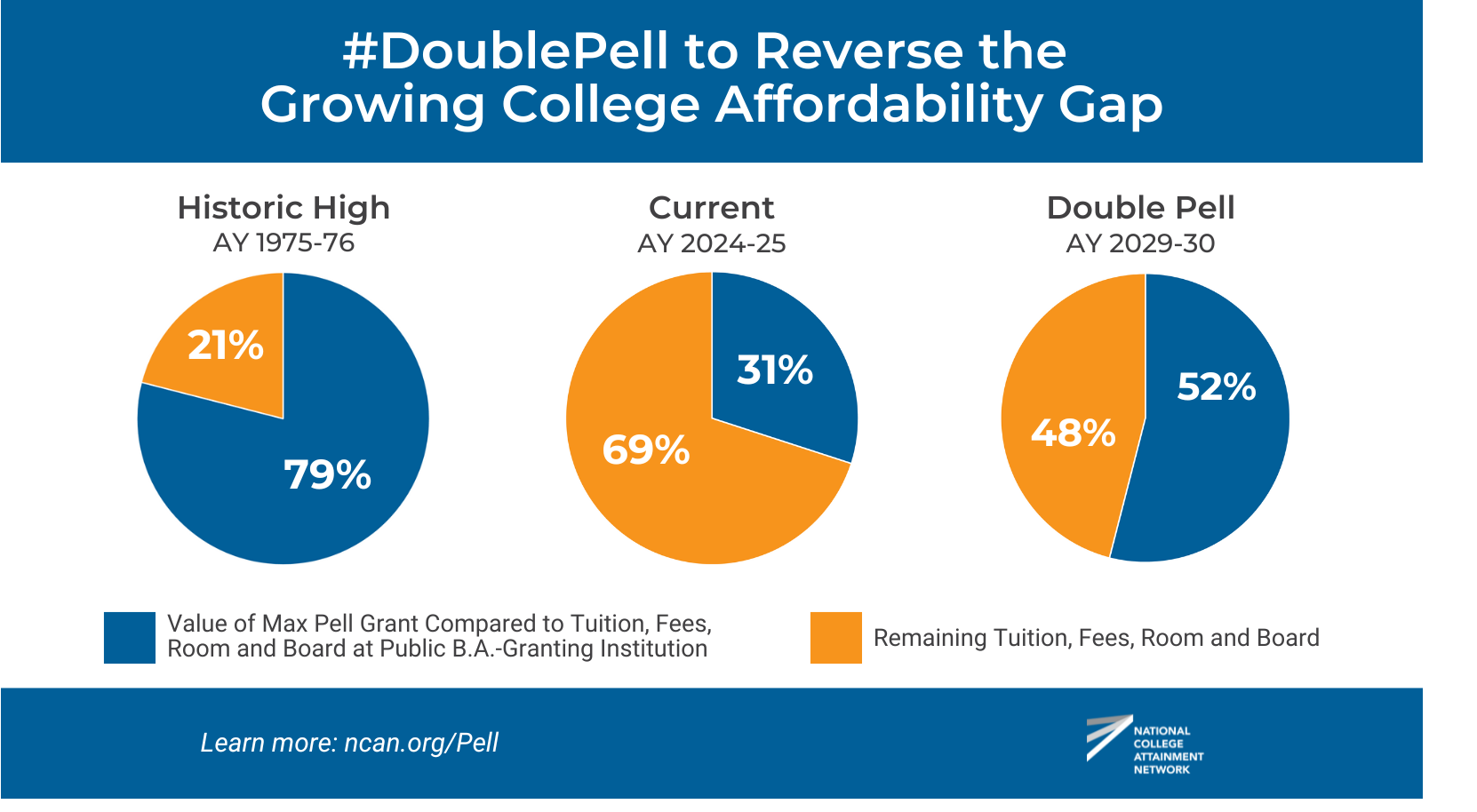As I write this, Linda McMahon, nominee for Secretary of Education, is testifying in her Senate confirmation hearing. Ms. McMahon has almost no experience in education beyond a year on a state board of education, but she was chief executive of World Wrestling Entertainment (WWE).
The hearing comes as the Trump administration has been promising to shutter the Department of Education, calling it a "big con job".
So what does the Department of Education do? Overwhelmingly, federal funding is invested in "opening doors" that have otherwise been shut in the education of low-income and disabled K-12 and college students.
The Century Foundation offers a clear and concise overview of DOE programs. Readers of this space will be particularly interested in Point 7.
7. Eliminating the federal role in higher education risks widening college access gaps and leaving low-income students without a pathway to college.
Central to this role is the Pell Grant program.
Pell grants have been essential to making college affordable to lower income students for decades. I could not have afforded college without Pell grants. The Pell Grant program is already facing a $10 billion shortfall. In the past, Congress has responded to such shortfalls by cutting the financial aid that students receive. Maximum Pell Grants originally covered up to 80% of the costs of college; the maximum grants now cover only approximately a third of the tuition and living costs of college. With rising tuition and living expenses, the diminishing value of Pell grants has been a major driver of the student debt crisis.
The Biden administration had funded modest increases to Pell grants, and had supported doubling the maximum grant over the next few years.

Questioned about Pell Grants, Ms. McMahon just testified that she's in favor of also making students in short-term certificate programs eligible for Pell grants, though we know that many of these short-term certificates are expensive but low-quality programs run by exploitive for-profit institutions.
It's wise to ensure that multiple student pathways are affordable– college, vocational programs, apprenticeships, community college degrees. But it is not student advocacy to call for stretching already depleted funds to certificate programs that drop students (who'd have to take out student loans because their grants would be minimal) into low-wage entry-level jobs, even if a very wealthy woman seeking power over these funds understands herself to be well-intended.




